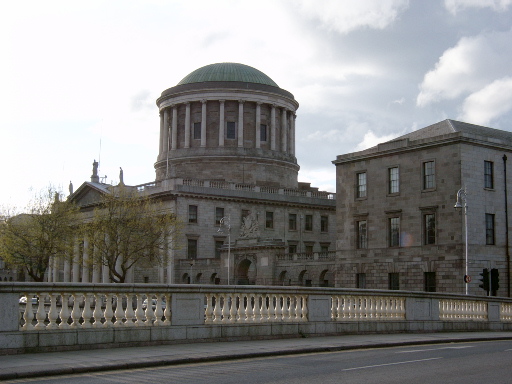In doing so, the judges dismissed an appeal by the Adoption Authority of Ireland against a High Court order that facilitated recognition of an adoption order made by a US state court in respect of the Northern Irish man and the two children.
The authority wanted clarity on points of law and public policy relating to its ability to register foreign adoptions arising from surrogacy arrangements.
Under the Adoption Act of 2010, the authority may recognise a foreign domestic adoption “unless contrary to public policy”. There is a prohibition under the Act against “receiving, making or giving certain payments and rewards” as part of an adoption agreement.
A woman donated an egg, while another woman in the US carried and gave birth to the children pursuant to a commercial arrangement that agreed the NOrthern Irish man and his partner were the intended parents.
















